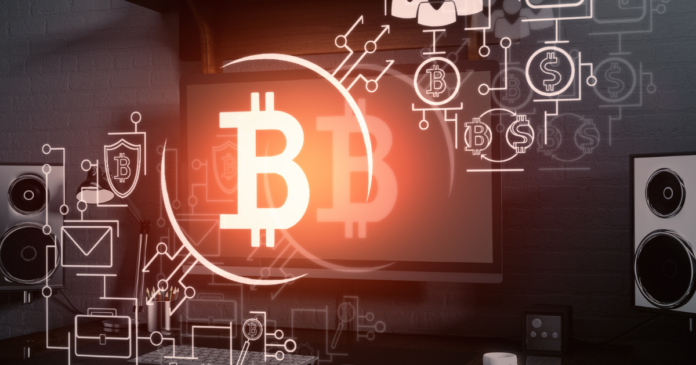A US federal court ruled on Thursday that the sale of Ripple’s XRP tokens on public exchanges complied with securities law. The SEC has for several years argued that most cryptocurrencies qualify as securities and should face similar regulations as stocks, bonds, etc.
However, Thursday’s ruling boosted investor confidence in Ripple’s XRP, which saw it rise by almost 70%. In addition, four of the biggest crypto exchanges announced plans to relist XRP. So, how this important event can transform the whole industry?
Ripple’s XRP is back on Exchanges
Coinbase announced on Thursday that it was relisting XRP following the court’s ruling. The crypto exchange wrote in a tweet, “Our XRP-USD trading pair is now in full-trading mode on Coinbase Exchange, Coinbase Pro, and Advanced Trade. Limit, market, and stop orders are all now available.”
Coinbase will re-enable trading for XRP (XRP) on the XRP network. Do not send this asset over other networks or your funds may be lost. Transfers for this asset remain available on @Coinbase & @CoinbaseExch in the regions where trading is supported.
— Coinbase Assets 🛡️ (@CoinbaseAssets) July 13, 2023
Crypto exchange Kraken also relisted XRP for its U.S. customers. In addition, crypto exchange Gemini considered making XRP available for both spot and derivatives trading.
Interestingly, Bitstamp was one of the first to resume trading XRP following the court’s decision. It announced in a tweet, “Good news for XRP traders—we have resumed trading for the digital asset for our U.S. customers! Bitstamp was one of the first exchanges to list XRP in 2017, and we are now one of the first exchanges to resume trading in the U.S.”
On the other hand, with a market cap of $41,6 billion, XRP is now the fourth largest cryptocurrency by market cap, only behind Bitcoin, Ethereum, and Tether’s USDT. The resurgence of XRP on major exchanges is a positive sign, especially for token holders.
Given today’s ruling that the sale of XRP on exchanges is not a security, @Gemini is exploring the listing of XRP for both spot and derivatives trading.
— Gemini (@Gemini) July 13, 2023
Now, let’s see what Thursday’s ruling means for other crypto companies such as Binance and Coinbase.
Effects of Ripple’s Victory on Other Crypto Exchanges
The SEC sued Coinbase and Binance, two of the biggest cryptocurrency exchanges, last month on the grounds that they had misled the public by promoting unregistered securities.
However, Thursday’s ruling sets a precedent for crypto companies to defend themselves. But it was not a complete victory for the crypto industry. Judge Torres found Ripply guilty of violating securities law by selling XRP to institutional investors such as hedge funds.
Also, the Ripple ruling does not mean crypto firms such as Binance and Coinbase have the upper hand against the SEC. The judges in each case will have to decide if the sale of the cryptocurrencies on both exchanges qualifies as securities, as claimed by the SEC.
I’ve had a chance to fully review the SJ ruling in the SEC v. Ripple case #XRP , and this appears to be a win. Ripple is likely going to take a ding, some things are going to go to trial, the secondary status of XRP is “unclear”, but I still think Coinbase relists after this. https://t.co/s034YRIhaI
— Jesse Hynes 🌱 (@jesse_hynes) July 13, 2023
No More Lawsuit, But Regulation will Continue
While the potential inconvenience of requiring retail-facing crypto companies to register or change their business model may be avoided, due to Thursday’s ruling, there are still other factors at play.
As we know, most crypto projects conduct early token sales to institutional investors and venture capitalists. These sales are frequently pre-registered with regulators to avoid possible implications.
However, the SEC listed these instances as justifications for why the tokens might fall under its purview. Many on the SEC’s list of potential securities had engaged in these kinds of sales. Thursday’s ruling could mark the end of such pre-funding, except if VCs choose to purchase on the public market, where prices are volatile.
It is safe to say that Thursday’s ruling doesn’t provide much clarity for the entire industry. And the Ripple v. SEC case is far from over.
⬆️ For more cryptocurrency news, check out the Altcoin Buzz YouTube channel.
⬆️ Our popular Altcoin Buzz Access group generates tons of alpha for our subscribers. And for a limited time, it’s Free. Click the link and join the conversation today.




























